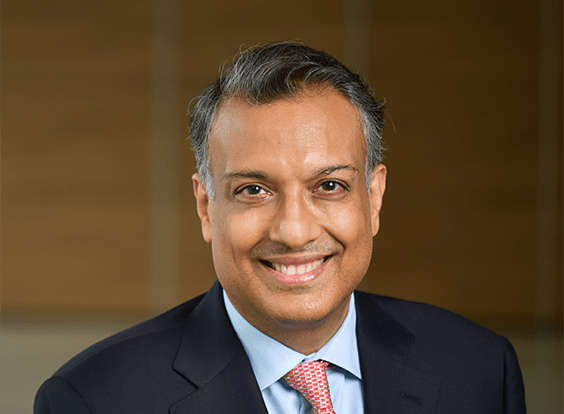FINANCE MINISTER NIRMALA Sitharaman has presented a prudent and sustainability-oriented Budget. It is remarkable that energy security is one of the nine priority areas for the government. Energy security balances existing efforts in clean energy and provides a thrust on newer technology options. These are essential, critical measures to put the country on the green growth path.
Solar has been given the power it needs. First, under the PM Surya Ghar Muft Bijli Yojana, the installation of rooftop solar plants for 10 million households, providing up to 300 units of free electricity per month has been continued. Second, expanding the list of exempted equipment and inputs for manufacturing solar cells and panels and removing customs duty exemptions on solar glass and tinned copper to incentivise sufficient domestic manufacturing capacity augurs well for the sector.
Exploring and harnessing other forms of clean technology will be a critical vehicle as well in our Viksit Bharat journey. The intent to further explore nuclear energy as a source by collaborating with the private sector to develop and set up Bharat Small Reactors is laudable. Many countries like Japan, China, the US and the UAE have announced a revival of their nuclear fleets, as nuclear energy has the lowest carbon footprint from cradle to grave and needs fewer materials and less land than other electricity sources. More importantly, it can displace coal and act as a flexible baseload in a low carbon grid dominated by wind and solar energy.
The announcement by the FM to develop a roadmap for transitioning industries in the harder to abate sector from energy efficiency and saving to carbon emission reductions is a hugely strategic one. The more energy-intensive industries currently covered under the Perform, Achieve and Trade Scheme have enabled emission reduction by 110.7 million tonne of carbon over 15 years. But with international initiatives like the EU’s Carbon Border Adjustment Mechanism coming in, India needs its own carbon market to avoid being locked out of key export markets for our industrial goods.
The government has considered other important aspects of energy security, such as the Critical Mineral Mission that encourages domestic production, recycling, and overseas acquisition of critical mineral assets. As nations worldwide accelerate the deployment of clean energy technologies and electrify their economies, the pressure on critical mineral supply chains is intensifying significantly. Reserves and processing capabilities of most of the relevant minerals are concentrated in a handful of countries, largely China.
This makes securing supplies subject to geopolitical volatilities, and therefore unreliable. A systematic and comprehensive approach in mission mode will be critical to securing India’s access to these minerals that are the building blocks of energy transition.
It is notable that one of the government’s priority themes in the Budget has been raising productivity and resilience of the agriculture sector. Thrust has rightly been placed on climate resilient crops and natural farming. This is important because in the absence of the adoption of adaptation measures, rainfed rice yields in India are projected to drop by 20% and wheat yields by 19.3% by 2050. The decision to release 109 high-yielding climate-resilient varieties of 32 crops to improve agricultural productivity and resilience against climate change will help the farmers and the economy greatly.



